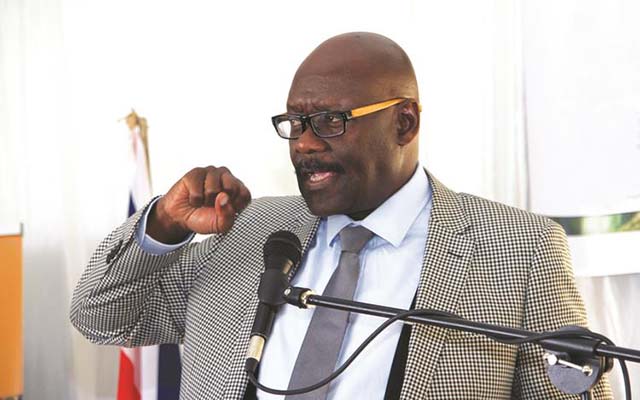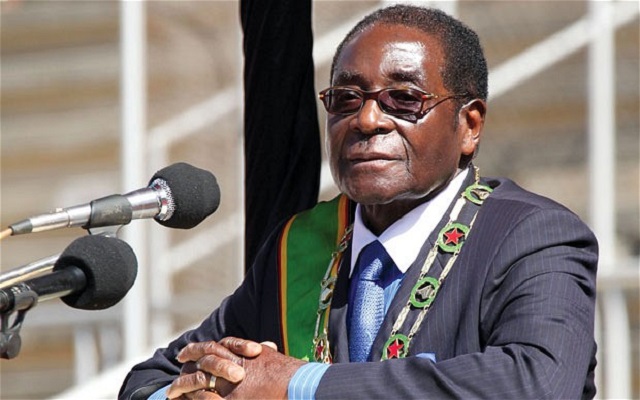Plans to introduce cancer levy underway

Thandeka Moyo, Health Reporter
THE Government is mulling plans to introduce a cancer levy as it has emerged that the cost of treating the disease is beyond the reach of a majority of Zimbabweans.
Cancer has become the biggest killer disease in the country overtaking HIV chiefly because of the astronomical costs a patient must bear to be treated.
Mpilo Central Hospital head of nuclear medicine Dr Xolani Ndlovu said one course of cancer treatment costs at least $6 000 a year. This excludes doctor’s consultation fees and the special diet that patients need.
In a side interview after officially opening the Mpilo Central Hospital Cancer Unit, Health and Child Care Minister Dr David Parirenyatwa said the high cost of cancer treatment was worrying.
“We are having an active discussion on the cancer levy since we have an Aids levy. We tried to treat HIV-related cancers under the Aids levy. However, because the cancer drugs are so expensive, they need to be looked at separately. In fact the most expensive drug in all medicine is for cancer treatment,” said Dr Parirenyatwa.
He said Government was considering introducing a cancer levy or have a separate budget allocation for cancer treatment as another possible intervention.
“Now that the cancer unit is open, what we are cautioning is that there should always be medicine for the patients who need it, especially the poor vulnerable.
“I know that the cancer drugs are very expensive. Our call is that as Government and other organisations we need to pool resources to treat cancer,” said Dr Parirenyatwa.
He added that it was time the Government prioritised cervical and prostate cancer as both diseases were leading killers for women and men.
The Minister said there were also deliberations on converting the idle Ekusileni Hospital in Bulawayo into an extension of the cancer unit at Mpilo Central Hospital.
“I am anxious that Ekusileni considerations come into fruition soon because this has been in the pipeline for a long time and I think the longer it stays empty, the more obsolete it becomes,” said Dr Parirenyatwa.
“It’s a matter of urgency that we reach a consensus that will it be a cancer centre, a centre for brain surgery or a centre for psychiatric patients? We also have a lot of competitors vying for the same place.”
Community Working Group on health director Mr Itai Rusike said the cancer levy proposal could worsen things for members of the public who are struggling to make ends meet.
He said the Government should explore ways of growing the Aids levy so that it encompasses cancer treatment.
“The state should come up with a clear position on the treatment and the management of cancer. We propose that the State should grow the Aids levy by tapping into the informal sector to also start contributing towards the Aids levy, decentralise to lessen the burden of high out of pocket costs on the poor who are the majority of sick people,” said Mr Rusike.
He said the government must be applauded for introducing the five percent levy on airtime and mobile data to finance the purchase of drugs and equipment in the health sector.
“A majority of cancers are linked to HIV and TB whose treatment is free and chemotherapy should either be free or subsidised. Chemotherapy should be decentralised to the district level to reduce costs. So let us grow the Aids levy so that it caters for cancer instead of introducing a new levy in a depressed economy,” Mr Rusike said.
He said this could be a way of sustaining current health programmes in the event that external partners pull out or reduce their funding commitments to Zimbabwe.
@thamamoe











Comments